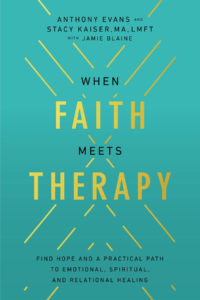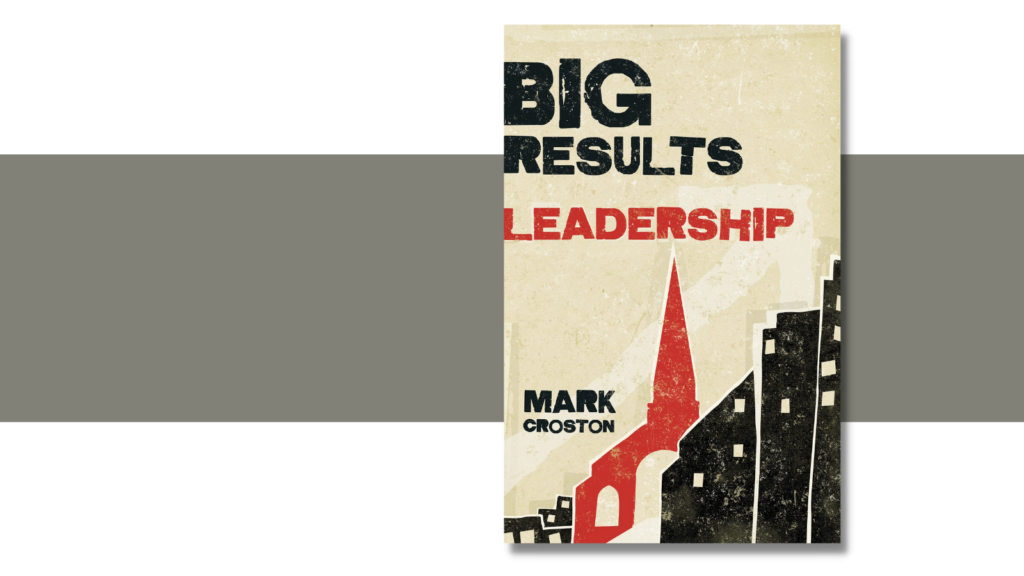Playing injured. That’s how former professional football player and Christian author and speaker Anthony Evans describes living with major depression and anxiety, a personal journey he shares in his newly released book, “When Faith Meets Therapy.”
In the introduction to the book, Evans, son of pastor, speaker and author Tony Evans, writes, “I began a long, downward spiral into functional depression and anxiety.”
He soon realized what he was taught in church about mental health wasn’t quite enough to deal with his issues, so he decided to seek help.
After working with Stacy Kaiser — a nationally known licensed psychotherapist — Evans decided to share his experience and the practical solutions she taught him.

Practical solutions
Therapy helped his faith, showing him practical solutions for difficult areas, he said, and he wanted to share his experience in order to help others in the same situation.
“‘Be anxious for nothing.’ For some of us reading that, we need tools to not be anxious,” Evans said.
Even before the COVID-19 pandemic, mental health was a widespread issue. Since then, with the impact of financial and social complications, mental health struggles have only increased.
However, many Christians are hesitant to seek help because they feel it suggests something negative about their faith.
“There seems to be this stigma about therapy in some circles,” Kaiser said. “Our intention is to try to break that stigma and tell people that you really can find a counselor who can give space for your faith and anything else that’s important to you, while also finding practical tools to improve your life and overall happiness.”
And, she added, a person doesn’t have to tell anyone they’re seeking counseling.
‘New pathway’
When Evans first realized he needed help, he was one of those hesitant to seek therapy.
“I just had to get to the point where it was like, OK … what others think about you has gotten you to the point where you’re functional, but your heart is heavy constantly, and you can barely handle yourself anymore because you’re worried about what others think,” Evans reflected. “So, how about you try a new pathway, because that’s not working.”
Another barrier to seeking therapy can be shame from feeling like a Christian should have it all together, Evans said.
“Shame sabotages grace,” he declared. “So allowing certain scenarios that make you feel very, very shameful will sabotage grace and stop you in your tracks.”
“There is no shame in admitting you need help. There is no shame in the blind man saying, ‘I can’t see Jesus. Can you do a miracle?’ There was no shame with the woman with the issue of blood reaching out and touching Jesus — there was no shame with that.”
Believers too often let their worries about what other people will think of them get in the way of self-care, Kaiser said.
“People get caught up in, ‘Oh, I’m supposed to pray it away’ or ‘Oh, my family will judge me,’” Kaiser said, and as a result, “they don’t attend to meeting their needs.”
That’s how Evans initially responded to his depression and anxiety. He continued working in public, sharing the hope of Jesus, even while he felt he was dying inside.
“There are athletes that can tape up an ankle and get out on the courts to play,” Evans said. “Eventually I [realized] that there would be a larger injury if I kept playing injured. If I kept playing and patchworking my issues, there was going to be a major breakdown.”
In hindsight, Evans said he wishes he had gone to therapy earlier and added its helpful tools to his faith toolbox.
That’s one reason each chapter of the book ends with a reflection prompt from Kaiser. The prompt gives the reader something to think about or use as a starting point for journaling.
The book is “not just story time,” Evans said.
‘Wise counsel’
To those who say therapy has no role in the church, Evans offers a different perspective. Scripture addresses seeking wise counsel and keeping good company, he said.
“I don’t think there’s any rule against finding practical help from somebody who’s been trained the way the mind works and acknowledges faith to figure out a way to work that out. … I have seen God multiply the efforts that I have made in therapy by adding practical tools to His word.”






Share with others: